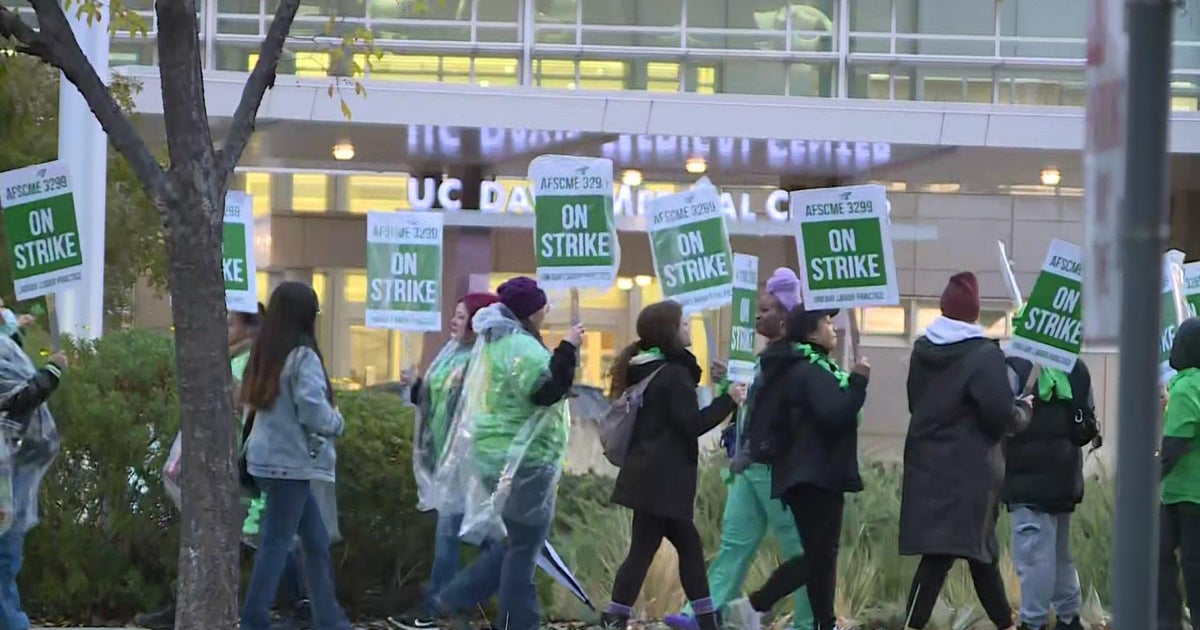UC Davis study finds banned chemical detected in San Joaquin Valley air
Researchers at UC Davis conducted a study on the use of pesticides in the San Joaquin Valley which found that 22% of adults and 10% of kids taking part in the research were exposed to at least one pesticide, including a banned chemical.
Chlorpyrifos is a toxic pesticide used to control cockroaches, fleas and termites and is linked to developmental defects.
"There are numerous studies showing that at low levels, when pregnant women are exposed to that compound during their pregnancy, it impacts the neurodevelopment of their kids," Debbie Bennett, the lead author of the study, said.
Her work in the Department of Public Health Services used backpacks with special air detection tubes on the study participants in Fresno, Kern, Tulare, San Joaquin, and Madera counties. Of the 31 adults and 11 kids who lived in several small ag towns, the special air collection tubes detected particles of pesticides in at least seven adults and one kid.
"We really need more information on the health effects if people are exposed to such a wide range of pesticides in their everyday lives," Bennett said.
She fears that some of the pesticides detected in people's systems haven't been researched enough to understand the long-term health impacts.
"It's really important that we push the government to make sure that we have good studies on the health effects of these pesticides," Bennett said.
We took the study's findings to the Department of Pesticide Regulation, which said it has been in contact with UC Davis researchers who conducted the study.
"I think it's really interesting information that we want to look into, more to try to understand what's happening," Chief Deputy Director Karen Morrison said.
She said it's also important to note that the levels of pesticides detected were not heightened levels, but they are going to use the data to conduct more research and outreach in the area.
"Based on that preliminary report, we're finding that the detection levels are well below health screening levels," Morrison said.
She reiterated the importance of being aware of household items used and making sure you're reading the labels for potential problems.
Chlorpyrifos was banned in California in 2020, but Bennett said it's possible traces of the chemical were detected in certain homes because of products are still being used containing the chemical.



